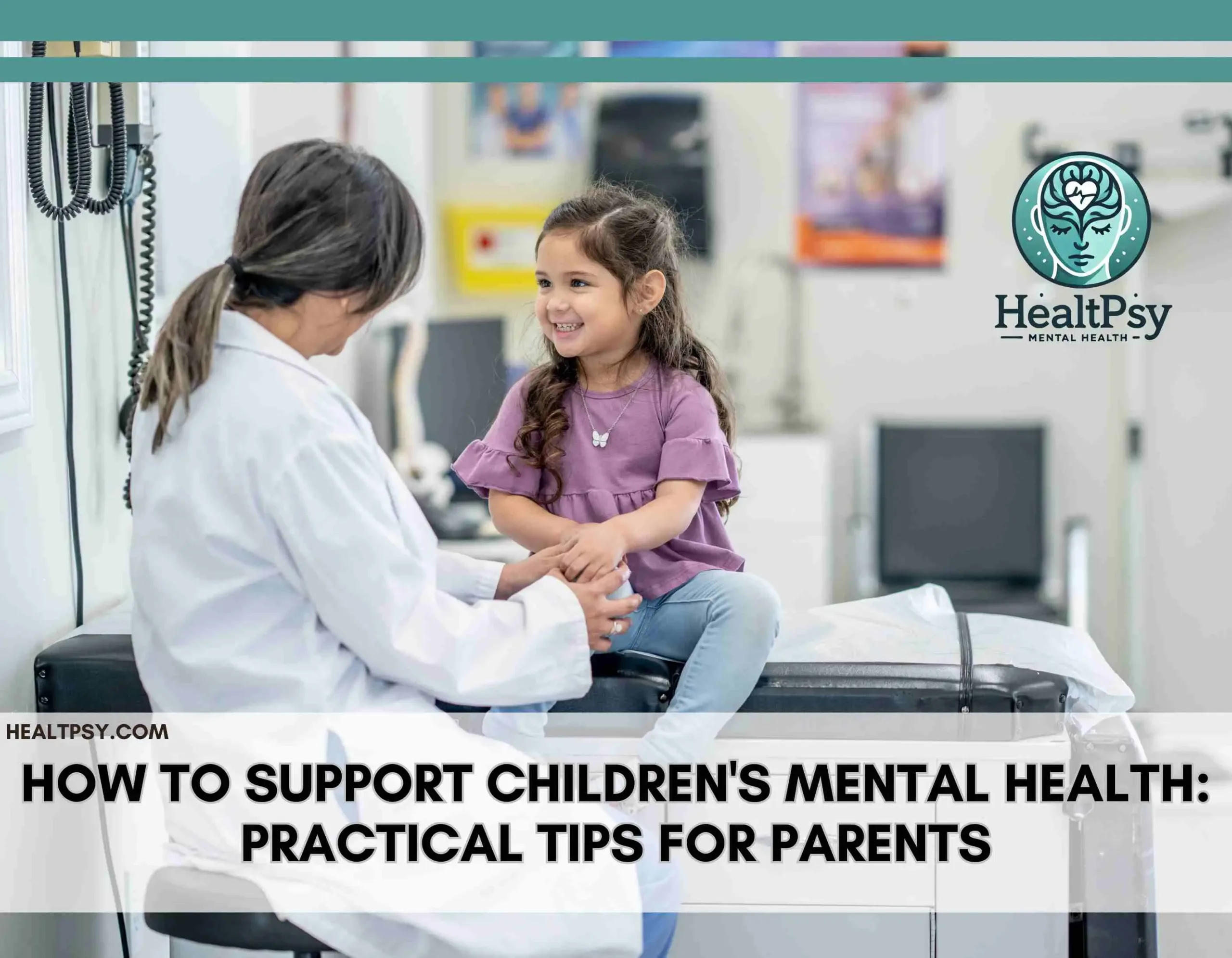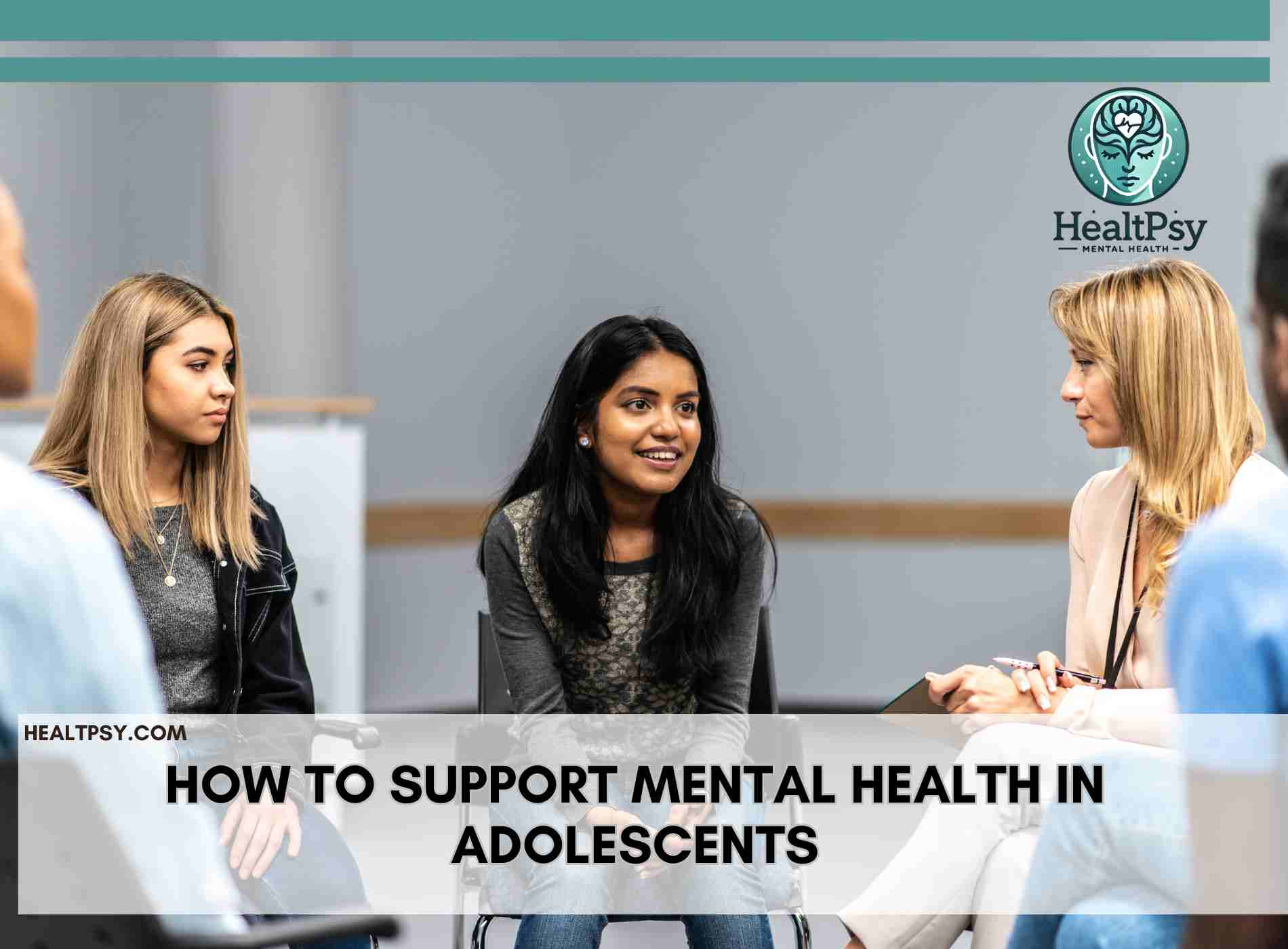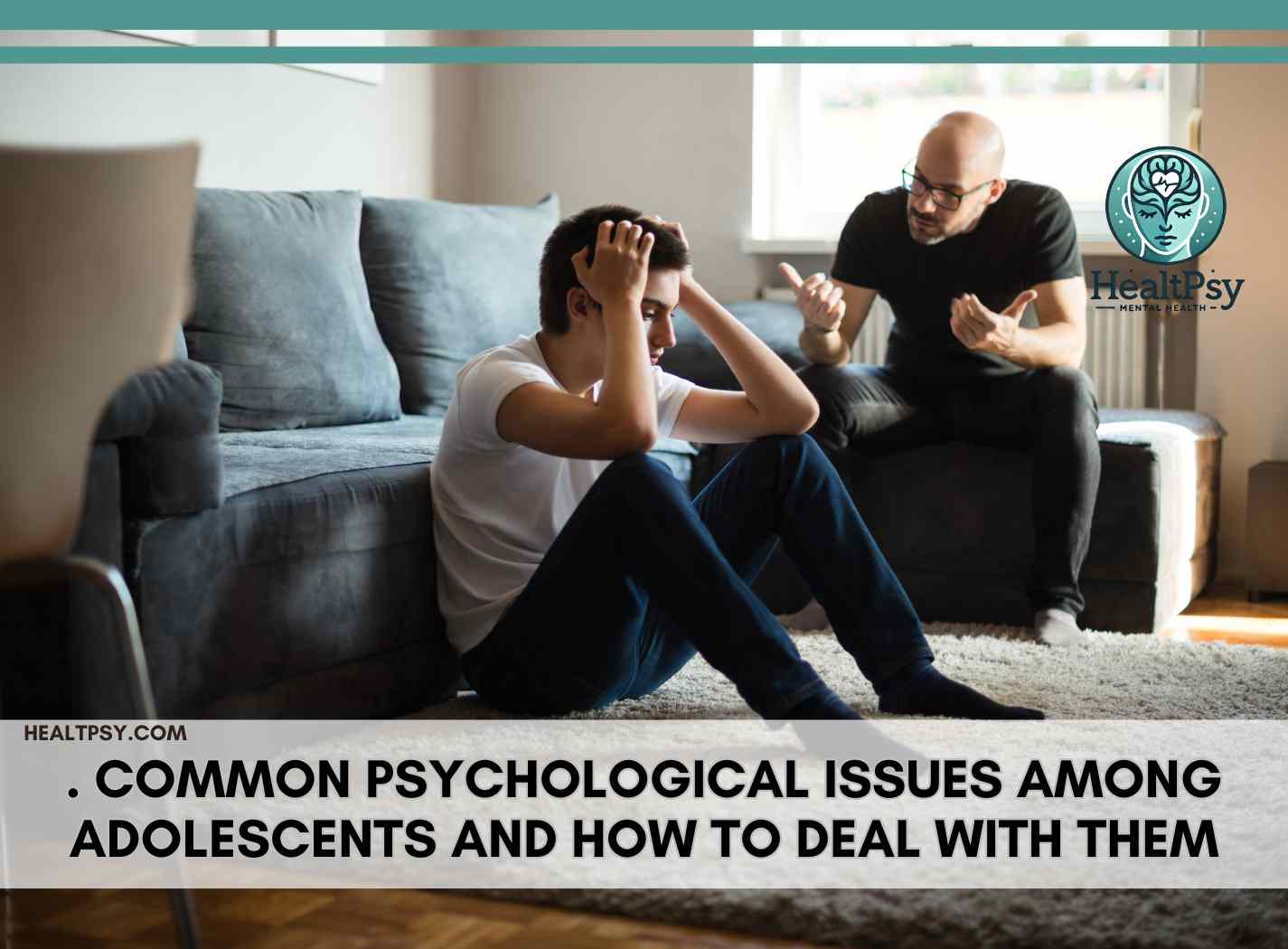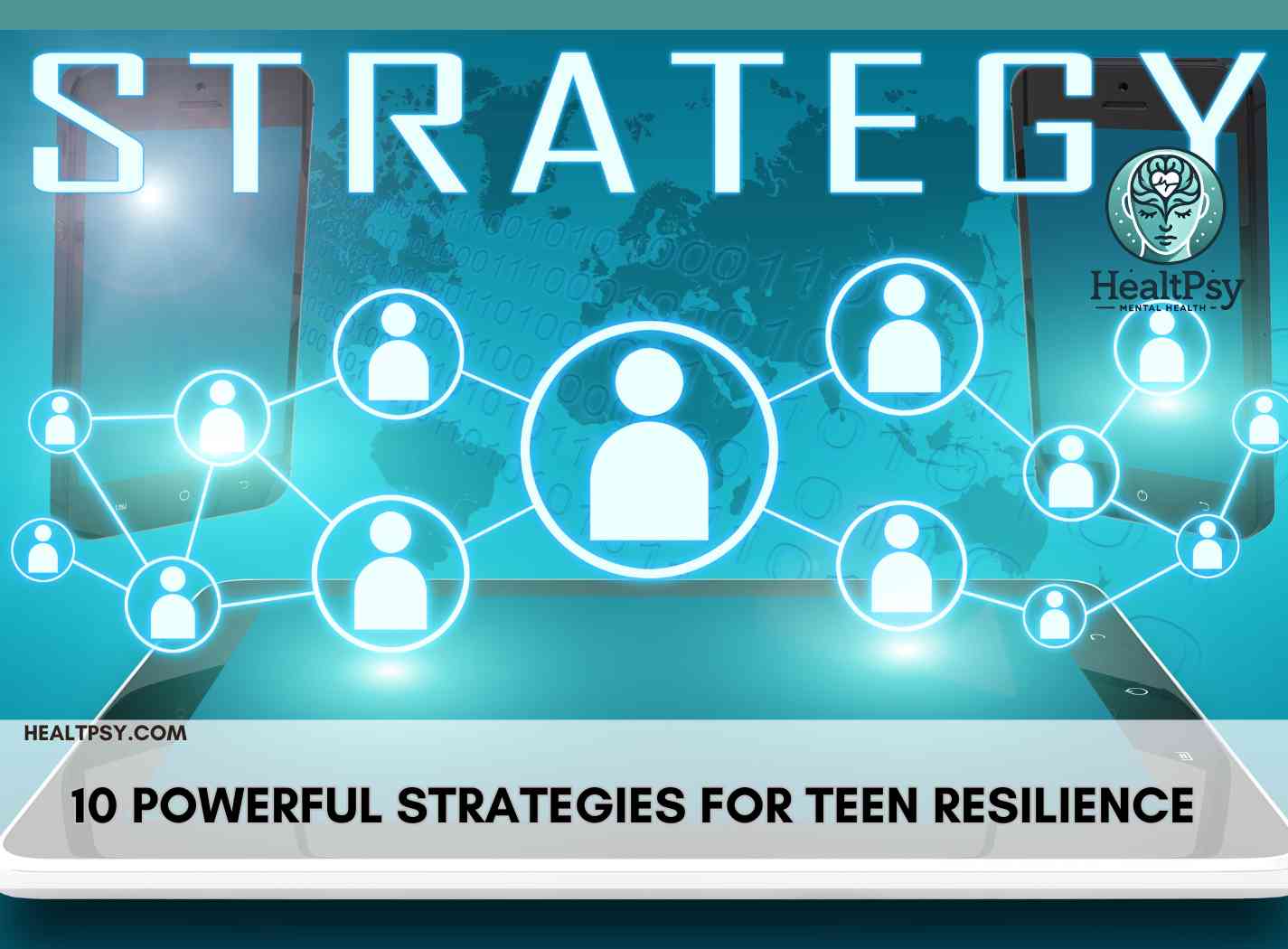10 Powerful Ways for Effective Acne Treatment and Boosting Mental Health
Introduction
Acne treatment plays a vital role in maintaining healthy skin and boosting self-confidence. Acne is one of the most prevalent skin conditions, affecting millions of teenagers worldwide. Beyond its physical effects, acne can significantly impact mental health, leading to anxiety, depression, and social withdrawal. Many underestimate the psychological burden of acne, making it essential to address both its physical symptoms and emotional consequences.
📌 This article provides a detailed exploration of acne symptoms, causes, treatment options, and its influence on teenage mental health.
🔗 Mental Health Support for Teenagers
What is Acne?
Acne is a chronic skin disorder caused by the inflammation of sebaceous glands and hair follicles, leading to the formation of pimples, blackheads, and cysts. The condition is most prevalent among teenagers, due to hormonal changes, but can persist into adulthood.
Acne occurs when excess sebum (oil), dead skin cells, and bacteria clog hair follicles, triggering inflammation. While it is commonly associated with puberty, acne can also be influenced by genetics, stress, poor skincare habits, and dietary choices. Factors such as environmental pollution, hormonal fluctuations, and immune system responses can contribute to breakouts. Acne severity varies from mild cases with occasional pimples to severe forms that cause deep cysts and scarring. Without proper treatment, persistent acne can lead to long-term skin damage and emotional distress.
🔗 American Academy of Dermatology – What is Acne?
Symptoms of Acne
- Blackheads: Open pores clogged with oil and dead skin cells, which oxidize and turn black.
- Whiteheads: Pores blocked by trapped oil and bacteria beneath the skin.
- Pimples: Red, inflamed spots that may contain pus.
- Nodules: Painful, deep lumps under the skin.
- Cysts: Large, pus-filled lumps that may cause permanent scarring.
Causes of Acne
- Hormonal Changes: Increased androgen levels during puberty stimulate sebaceous glands, causing excess oil production.
- Genetic Predisposition: A family history of acne increases the likelihood of developing it.
- Diet and Nutrition: High consumption of dairy products and refined carbohydrates may contribute to acne breakouts.
- Stress and Mental Health: Chronic stress raises cortisol levels, which stimulates oil production and worsens acne.
- Poor Skincare Routine: Using comedogenic (pore-clogging) products aggravates acne.
🔗 National Institutes of Health – Acne Causes
Effective Acne Treatment Options
Medical Treatments
- Topical Medications: Retinoids, benzoyl peroxide, and salicylic acid help unclog pores and reduce inflammation.
- Oral Medications: Antibiotics and hormonal treatments, such as birth control pills, regulate sebum production.
- Isotretinoin (Accutane): A powerful oral retinoid prescribed for severe acne cases resistant to other treatments.
Natural Remedies for Acne
- Aloe Vera: Reduces inflammation and redness.
- Tea Tree Oil: Contains antimicrobial properties that help fight acne.
- Green Tea Extract: Rich in antioxidants, it reduces oil production and calms skin.
The Psychological Impact of Acne on Teenagers
- Social Withdrawal: Fear of judgment and bullying can cause teenagers to isolate themselves.
- Low Self-Esteem: Persistent acne leads to a negative self-perception.
- Increased Anxiety and Stress: Constant worry about breakouts can elevate stress levels, worsening acne.
- Depression and Emotional Distress: Studies link severe acne to depression, requiring psychological intervention.
🔗 Psychological Impact of Acne Study
Supporting Teenagers with Acne
- Encouragement: Reinforce self-worth beyond physical appearance.
- Parental and Peer Support: A supportive environment helps ease emotional burdens.
- Seeking Professional Help: Combining dermatological treatments with counseling improves mental health and skin condition.
Conclusion
Acne treatment is crucial not only for clear skin but also for mental well-being. Acne is more than just a skin condition—it affects both physical health and emotional stability.
Effective acne management requires:
- Medical treatments for persistent cases.
- Skincare routines suited for acne-prone skin.
- Emotional support to improve confidence and reduce stress.
🔗 Teen Health & Acne Treatment
Acne Treatment Acne Treatment Acne Treatment Acne Treatment Acne Treatment
you might also like





